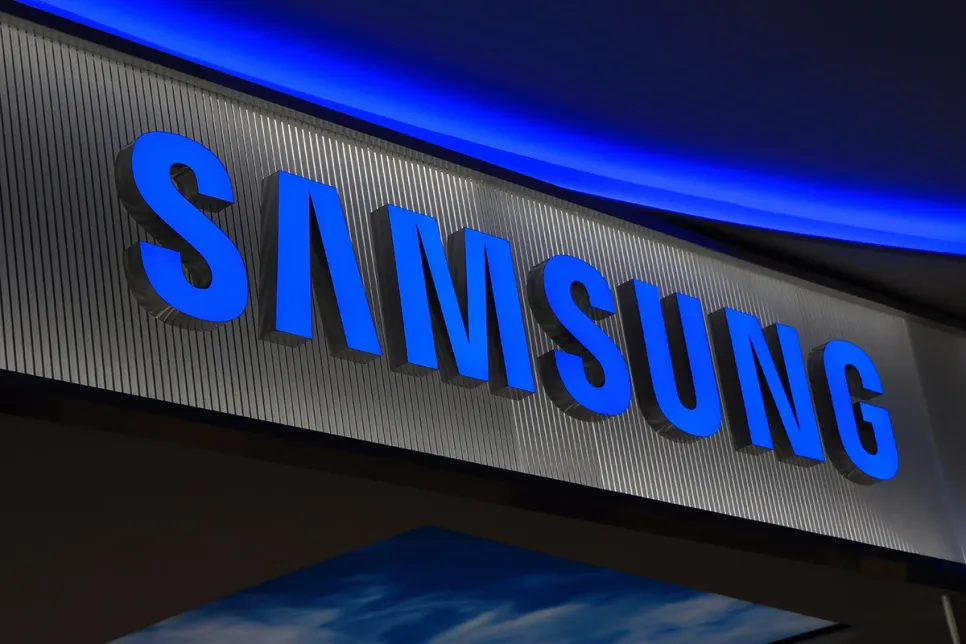CES 2026: Qualcomm Bolsters IoT, Automotive, and Robotics Solutions
Qualcomm unveiled several product updates alongside the launches of new products ahead of the official opening of CES 2026.

Samsung announced that it will support the world’s first 8K HDR10+ content, partnering with major European streaming services. CHILI, The Explorers and MEGOGO, three key OTT service providers in Europe, will adopt 8K HDR10+ along with its support for 4K HDR10+.
HDR10+ technology optimizes brightness and maximizes the contrast ratio, making bright areas brighter and dark areas darker. The feature is available on all UHD TV and 2019 8K TV models, including Samsung’s lineup of QLED TVs.
“With HDR emerging as one of the most important technologies for ultra-high picture quality, our HDR10+ format enables every image to be accurately displayed on screen just as the creator intended,“ said Hyogun Lee, Executive Vice President of the Visual Display Business at Samsung Electronics.
“Our main goal in this partnership with Samsung is to offer the highest-quality content services available to our customers,“ said Victor Chekanov, CEO at MEGOGO. “We will maintain our initiative in the Russian OTT service market and plan to provide dozens of HDR10+ movies to Samsung Smart TV users starting late this summer.“
Aside from the aforementioned OTT streaming services, several other industry-leading content partners are collaborating with Samsung. Rakuten TV, Deutsche Telekom’s Magenta TV and Videociety are all expected to adopt HDR10+ support for its respective VOD services between Q4 2019 and Q1 2020. Also, Molotov, French OTT streaming service, is also considering to adopt the standard.
Since Samsung began the HDR10+ logo certification program with Panasonic and 20th Century Fox last year, 81 companies have joined the program, boosting the program’s influence in the industry. Samsung has also strengthened its effort with the new opening of an HDR10+ center in China last December, following Korea, Japan and the U.S. With TV manufacturers such as Hisense obtaining HDR10+ certification in China, the HDR10+ alliance is expected to expand even further.